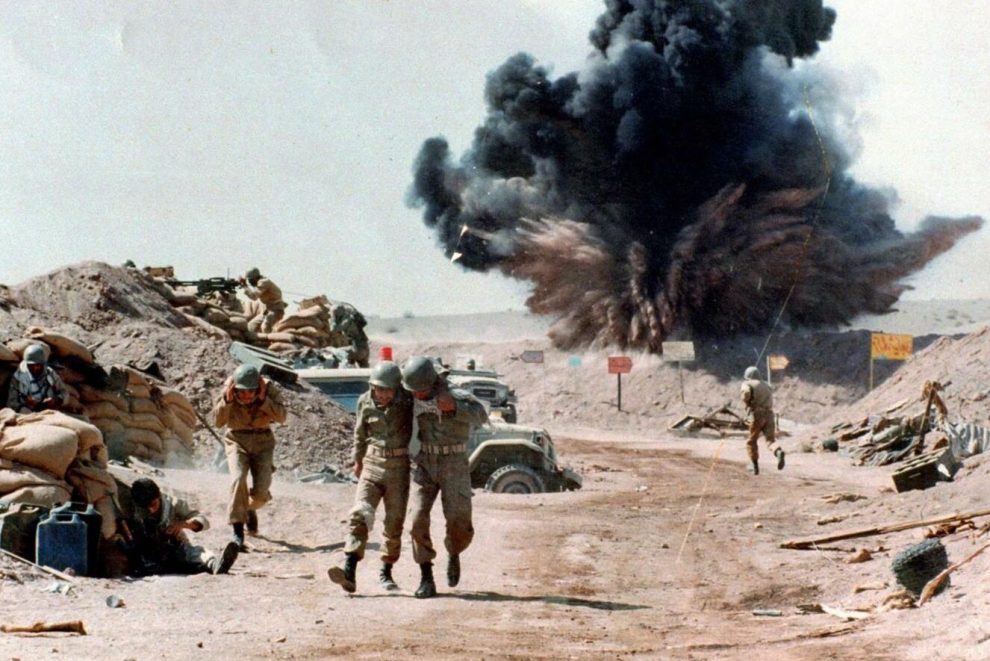The Iran-Iraq War, which lasted from 1980 to 1988, remains one of the most significant conflicts in the modern history of the Middle East. This article aims to provide an overview of the war, its causes, major events, and its lasting impact on the region. The war between these neighboring countries had profound consequences that continue to shape the geopolitics of the region today.The roots of the Iran-Iraq War can be traced back to a long history of border disputes, religious differences, and power struggles between Iran and Iraq. The war was largely fueled by territorial claims, ideological differences, and personal ambitions of the leaders involved. Saddam Hussein, the President of Iraq at the time, sought to take advantage of Iran’s vulnerability following the Iranian Revolution in 1979.
Major Events and Phases: The war can be divided into several distinct phases. The initial phase, from 1980 to 1982, saw Iraq launching a surprise invasion of Iran, aiming to seize the oil-rich Khuzestan province. Despite initial successes, Iraq failed to achieve a swift victory and faced a determined Iranian resistance.
The war then entered a period of stalemate, characterized by trench warfare and intense fighting along the border. In 1984, Iran launched a series of offensives, pushing Iraqi forces back and gaining momentum. However, the situation reversed in 1986 when Iraq launched a counteroffensive, employing chemical weapons against Iranian soldiers and civilians.
The war continued to escalate, with both sides targeting each other’s cities, infrastructure, and oil facilities. International intervention attempts to broker peace, such as the United Nations Security Council Resolution 598, were largely unsuccessful until a ceasefire was eventually declared in 1988.
Consequences and Impact: The Iran-Iraq War had far-reaching consequences on the countries involved, the region, and the global stage. The conflict resulted in staggering casualties, with estimates ranging from 500,000 to 1 million deaths on both sides. It also caused immense economic damage to both countries, depleting their resources and hindering their development.
Furthermore, the use of chemical weapons during the war, particularly by Iraq, had devastating effects on civilian populations, leaving a lasting impact on public health and the environment. The war also exacerbated sectarian tensions, as Iraq’s Sunni-led government targeted Iran’s Shia-majority population.
The conflict had geopolitical implications as well. It altered the balance of power in the region, weakening both countries and paving the way for increased regional influence by external powers. Additionally, the war influenced the decision-making processes of other nations, as they sought to secure their interests in the midst of the conflict.The Iran-Iraq War was a brutal and protracted conflict that shaped the modern history of the Middle East. Its causes were deeply rooted in historical grievances and power struggles, while its consequences had far-reaching implications on various levels. The war’s enduring impact is still felt today, as the region continues to grapple with the consequences of the conflict, including ongoing sectarian tensions and geopolitical rivalries



















Add Comment